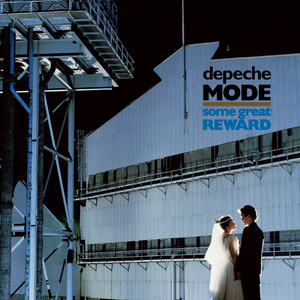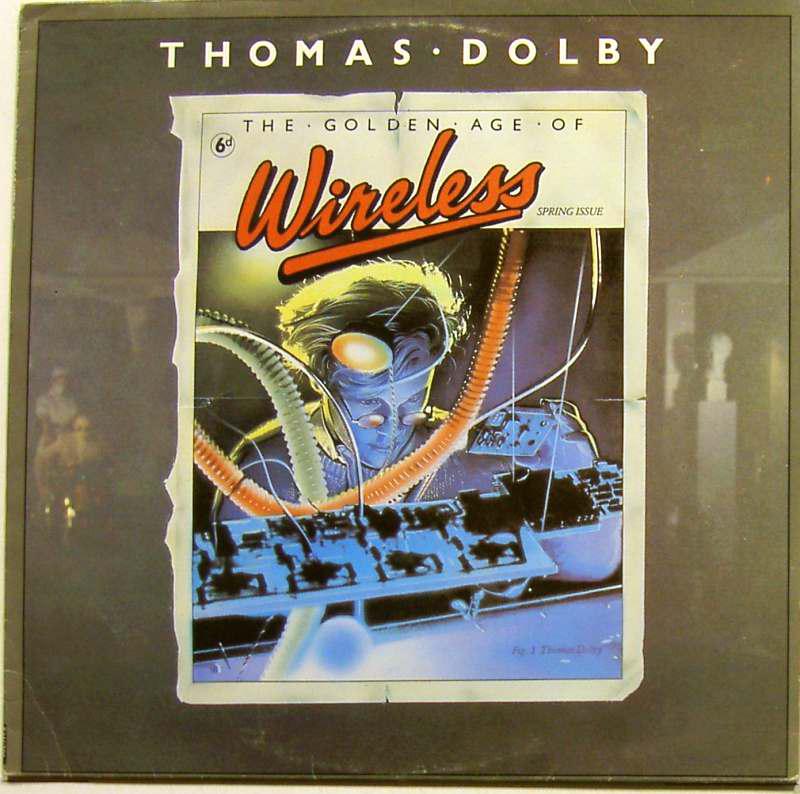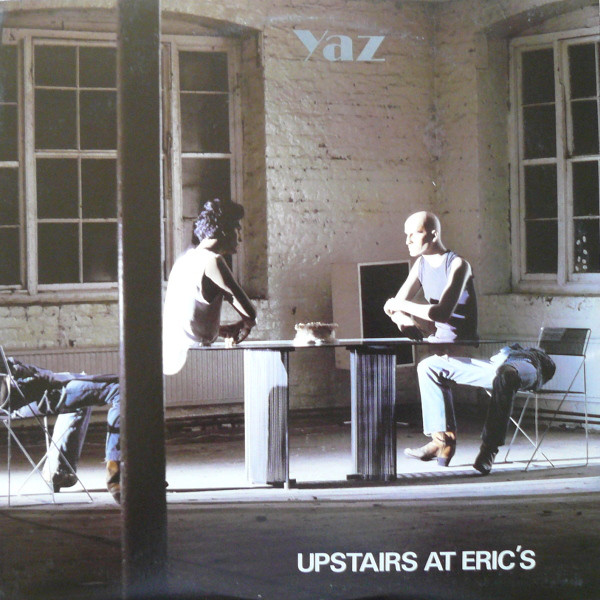Now Playing
Current DJ: Alex Gilbert
Sharon Van Etten Afterlife from Sharon Van Etten & The Attachment Theory (Jagjaguwar) Add to Collection
Requests? 773-DJ-SONGS or .(JavaScript must be enabled to view this email address)
by Clarence Ewing
With over 100 years of recorded music available to us, it can be hard to know where to begin listening to the art form’s many variations. This series provides ideas for those interested in exploring unfamiliar genres and styles of music.
What Is It: Popular music whose instrumentation is made up mostly or entirely of electronic synthesizers.
The use of electronic instruments to make music can be traced back as far as the mid-1700s. Synthesizers, the electronic analogue of keyed instruments like pianos, have existed in one form or another since the mid-1950s.
Until the late 1970s, these instruments were on the fringes of music styles like Disco and progressive Rock, played by people who had enough money to buy them.
The 1980s saw the widespread use of synths in pop music, especially by bands inspired by the Punk and New Wave sounds emerging from cities. The inherently bright, chirpy sounds from a keyboard could be used to make happy music, but also deliver lyrics that weren’t so perky. Electronica, experimental pop, and “bedroom pop” (where one person could create their own masterworks using electronic tools) would emerge from the synth taking its place as a common tool in music-making.
For listeners interested in 1980s Synth-Pop but unsure where to begin exploring, these three albums would be good places to start…

Depeche Mode is the most successful band in history that used synths as their primary instruments. Their fourth album contains the international hit “People Are People,” which directly addressed racism and war, along with more risque topics like S&M (“Master and Servant)” suicide (“Blasphemous Rumours”) and the general ennui that comes with working in a capitalist society (“Lie to Me”). It’s a dark album made up of uplifting melodies that could get minimal exposure on the public airwaves.

Dolby’s only hit song in the U.S. was “She Blinded Me With Science,” a track that got heavy rotation on MTV and became an anthem of sorts for the emerging “nerd culture”of the time. Beyond that song, though, Dolby presents the music as an cinematic experience, using the kind of electronically-made atmospheric washes a listener could later find in forms like Ambient and Drone. The verse-chorus-verse pattern of this lyrics was radio friendly, but the subject matter wasn’t, as he talked about eating disorders (“Weightless”) and the looming threat of nuclear war (“Cloudburst on Shingle Street”).

Former Depeche Mode member Vince Clarke gets together with pop-soul singer Alison Moyet. The duo (known as Yaz in the U.S. and Canada) only made two studio albums together, but they made a lasting impression with music is remarkable in the range of styles it covers, switching from pop (“Bad Connection”) to R&B (“Midnight”) to dance (“Situation”) to experimental (“I Before E Except After C”) in ways that still sound fresh 40 years after the album’s initial release.
Next entry: CHIRP Radio Weekly Voyages (Mar 29 - April 4)
Previous entry: CHIRP Radio Weekly Voyages (Mar 22 - Mar 28)